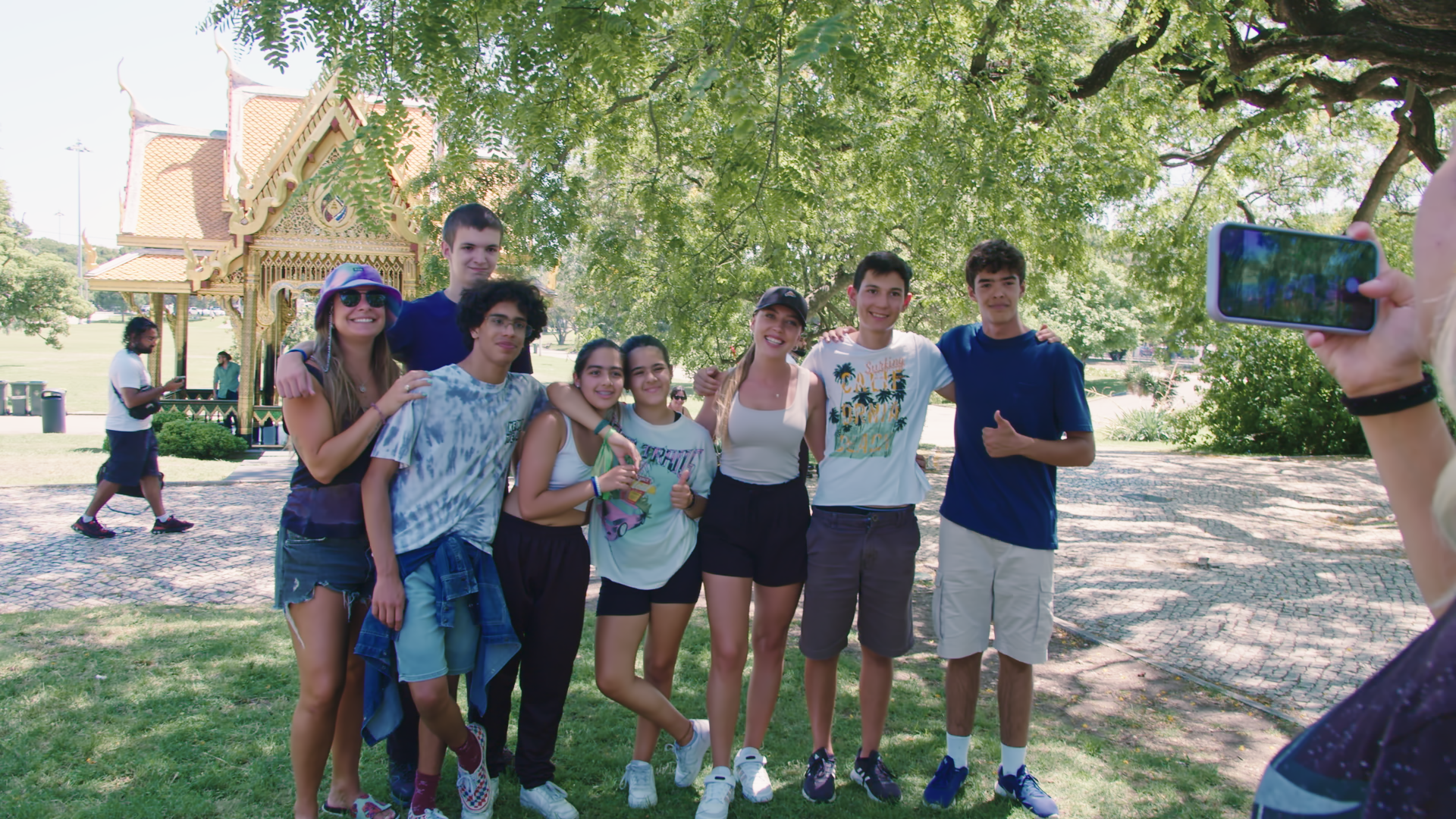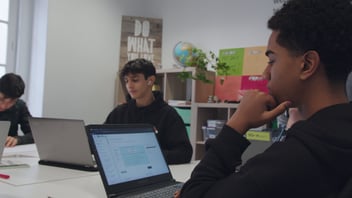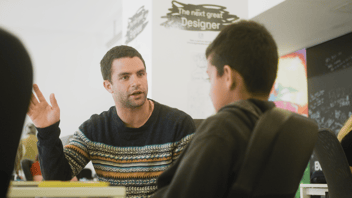Effective socialisation lays the foundation for a child's future by nurturing vital interpersonal skills, emotional intelligence, and the ability to navigate diverse relationships, all of which are essential for success in personal and professional spheres. As such, schools must proactively create environments that promote interactions, collaborations, and the development of essential interpersonal skills. In this article, we delve into the strategies that schools are employing to ensure meaningful socialisation among Learners.
- Structured Collaborative Activities: Educational institutions are incorporating structured collaborative activities into their curricula. Group projects, team-based assignments, and problem-solving tasks encourage students to work together, share ideas, and learn from one another. These activities not only deepen understanding but also cultivate teamwork, effective communication, and the ability to navigate diverse perspectives.
- Peer-Mentorship Programs: Mentorship programs connect experienced students with newcomers, facilitating a smooth transition and fostering peer relationships. Peer mentors offer guidance, advice, and a friendly face to turn to, helping new students navigate academic challenges, campus life, and social integration.
- Student Clubs and Organisations: Educational institutions are providing platforms for students to join clubs and organisations based on their interests. Whether it's a debate club, art society, or environmental group, these extracurricular activities encourage like-minded individuals to come together, share passions, and form lasting friendships.
- Cultural and Diversity Celebrations: Celebrating cultural and diversity events not only showcases the richness of different backgrounds but also encourages cross-cultural interactions. International festivals, heritage weeks, and cultural showcases promote a sense of inclusivity, broaden perspectives, and cultivate understanding among students from varied backgrounds.
- Community Service Initiatives: Incorporating community service initiatives into the curriculum encourages students to give back to society while fostering connections outside the campus. Volunteering activities not only develop empathy and social responsibility but also provide opportunities to work with people from different walks of life.
- Student-Centred Learning Spaces: Modern educational institutions are designing spaces that facilitate both collaborative and independent learning. Group study areas, common lounges, and interactive classrooms create environments where students can engage in meaningful discussions and interactions beyond formal lessons.
- Interactive Workshops and Seminars: Inviting guest speakers, professionals, and experts to deliver workshops and seminars enhances students' exposure to real-world insights and perspectives. These sessions often encourage discussions, Q&A, and networking, promoting intellectual discourse and fostering connections.
- Technology-Mediated Socialisation: Recognising the role of technology in modern communication, institutions are incorporating technology platforms for discussion boards, virtual meet ups, and collaborative projects. These tools encourage interaction even when physical presence is limited.
Educational institutions have evolved beyond being mere centres of academic learning. They are now fostering holistic development by prioritising socialisation. The strategies mentioned above showcase their commitment to creating environments where Learners can connect, collaborate, and cultivate essential social skills. By promoting interactions, embracing diversity, and nurturing meaningful relationships, educational institutions are equipping students not only with knowledge but also with the social competence needed to excel in an interconnected and interdependent world.




Leave a Comment